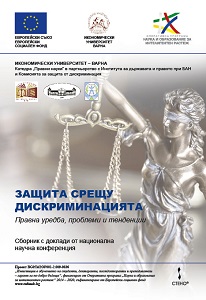
Непряката дискриминация в българското и европейското право
Legal aspects of the indirect discrimination and specifics of the Bulgarian law in connection with the transposition of European law.
More...We kindly inform you that, as long as the subject affiliation of our 300.000+ articles is in progress, you might get unsufficient or no results on your third level or second level search. In this case, please broaden your search criteria.

Legal aspects of the indirect discrimination and specifics of the Bulgarian law in connection with the transposition of European law.
More...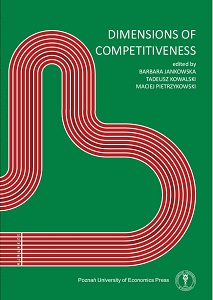
The aim of this chapter is to assess changes in the relative competitiveness of 12 countries forming the Economic and Monetary Union (EMU) between 1999–2009. Greece was the only EU country which had not yet been accepted in the EMU in 1999 and later joined the Eurozone in 2001. Despite the time difference, it was assumed that by including this economy in the analyzed EMU 12 group it would provide a more complete picture of the influence of monetary solutions and economic policies within this grouping as it relates to the competitiveness of its particular members. Section 1 is devoted to a brief presentation of assumptions and expectations regarding the EMU. Section 2 examines real effective exchange rates (REERs). Along with the standard literature, it is assumed that REERs are important summary measures of shifts in competitiveness. Section 3 is devoted to trade developments that are linked to the REERs. We present and analyze gross measures such as exports to the gross domestic product (GDP) ratio, external exports, export/import ratio, the share of EMU country exports in world exports and the role of high-tech trade. Section 4 deals with the shifts in labor force performance and Section 5 is devoted to the most comprehensive measures which are GDP and gross national income (GNI) developments.
More...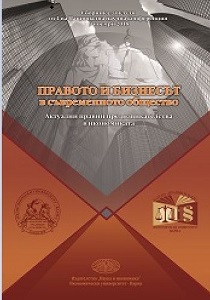
The report clarifies the special categories of personal data and the conditions for collecting and processing them according the new European rules. The subject of handling special categories of data is a great interest in both theory and practice. In regards to the rapid technological developments, the processing of special categories of data is associated with significant risks to the subject's fundamental rights and freedoms, which requires greater protection against possible violations. The purpose of the protection of personal data is to enable individuals to control their own data and prevent its misuse. In this respect, the processing of special categories of data is allowed only in case the conditions mentioned in the General Data Protection Regulation are followed.
More...
Tax avoidance has received a lot of political attention over the last few years in Europe. By raising civil society's attention to tax justice, the EU is stepping up efforts to achieve a more transparent, consistent and coordinated tax system. The BEPS program is presented as a response to the growing concern of governments about the low levels of tax paid by some multinational companies, which benefit from gaps in the tax systems of different countries and old double tax treaties that are significantly lower in regulating than modern business models are.
More...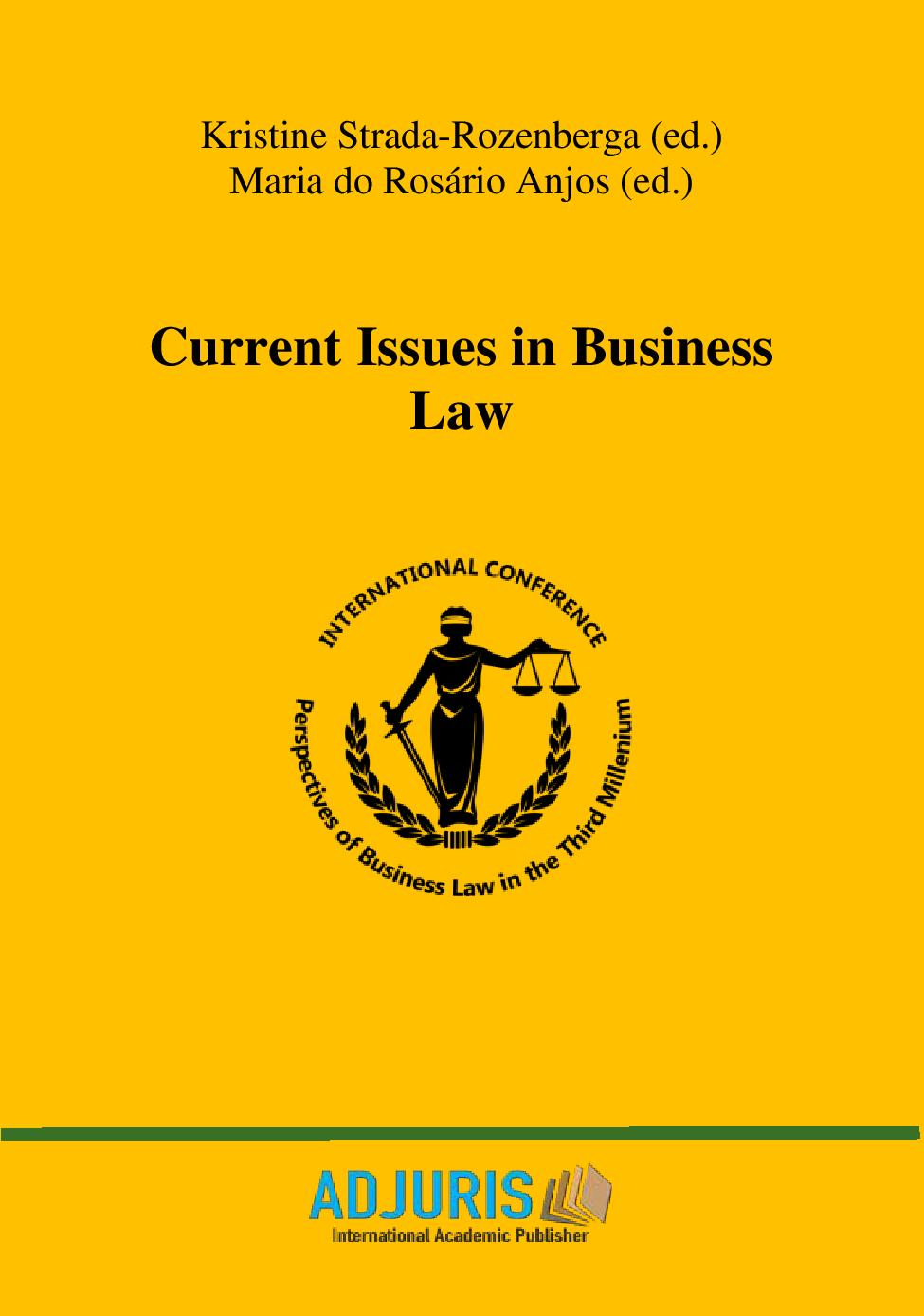
Asean Economic Community is a community built in 2008 by Asean States Members. One of the purpose is to accelerate the regional economy development. As implemented in European Union, System on Single Market was built by International Agreement signed by states in EU. Nevertheless, EU has European Court Justice to solve any dispute that could be arise from the agreement, but unfortunately Asean has no any court to solve any legal settlement dispute toward the agreement. Here, we apply a library and normative research due to our paper. We acknowledge that Asean Economic Community is not a replica from European Economic Community. Moreover, we insist that it's crucial to carefully control the application of Single Market System of Asean Economic Community. Vacuity of legal dispute settlement in Asean could be a big question about how Asean would solve any dispute in the future from the application of the Single Market System.
More...
In a world where technology is progressing at a very fast pace, it is up to the legislator to come up with creative legal instruments that can answer to the newest and most challenging issue that arose and can arise in practice. In the past decades, privacy has become an important resource for the growing businesses or for the ones already renowned in the market that look for a way of expanding their activity. Knowledge is power, data is money – this phrase is representing the core of the present and upcoming companies that wish to develop or distribute their products. The personal information of natural persons are being targeted and used for determining the future and the direction of the market and interest in products and services. Through the present study we shall look at how privacy has been perceived over time, reflected in relevant jurisprudence and legal acts and how it is now understood by both the data subject and the controller. We will study a case that captures the observed practices of obtaining the consent of the data subject for data processing in return for access to certain services, also answering to the following question: is there a value-for-money relationship between the personal data and the benefits received in exchange of processing of information? This paper will cover the issues of monetized privacy and protection of personal data used in trade and commercial businesses, as well as the impact of the European legislation on such activities.
More...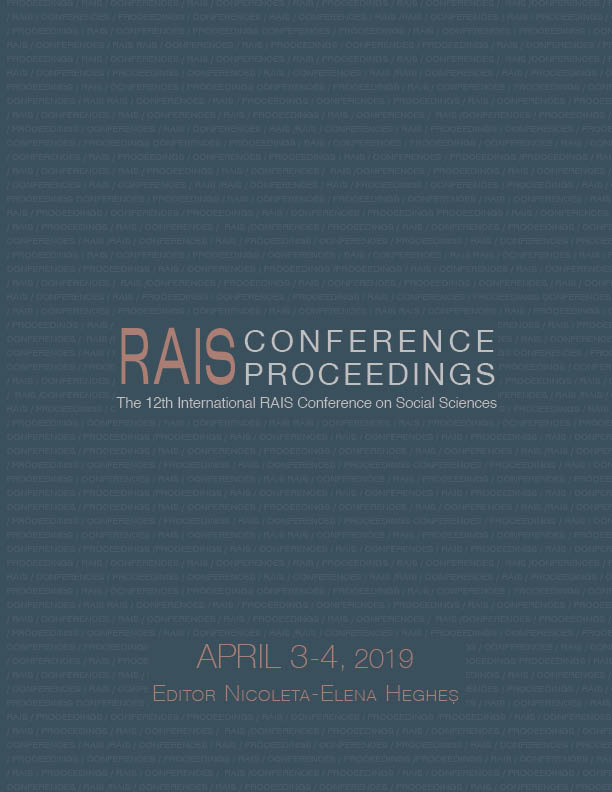
Through this article we want to present the role of the fiscal administrative act in the Romanian tax system. Thus, we will define the fiscal administrative act and other institutions specific to the Romanian tax system, such as the administration of fiscal burdens by the tax authorities or the procedure for communicating the fiscal administrative act. Also, we will present the legal effects produced by this act, its traits and its conditions of form and substance, as well as its role in the Romanian tax system.fiscal administrative act, fiscality, Romanian tax system
More...
Celem opracowania jest wskazanie i krótkie omówienie zmian, jakie zaszły w systemie koordynacji polityki europejskiej w Polsce przez 10 lat od akcesji do UE. Autor przybliży różne miary efektywności polityki europejskiej. Wskaże różne podejścia badawcze mogące służyć badaniom nad systemami koordynacji. Przedstawione zostaną wyzwania, przed którymi stoi polski system w perspektywie następnych lat członkostwa w Unii Europejskiej.
More...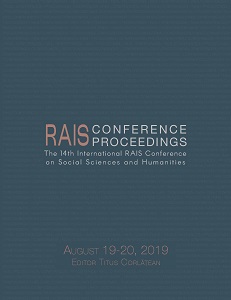
Through all his life, the humans seek happiness. Across the world, people aspire to live happily without fear to something or someone, and in harmony with God or with nature. In a world shaken by economic crisis, natural disasters or armed conflicts, life has shown that to be truly happy, in addition to material wealth, people also need spiritual wellbeing. We need a new paradigm of sustainable development. Economic wellbeing, social and a healthy environment together define the concept of happiness on a global scale. This might be implemented through a generic index named the gross global happiness index. UN, OECD, EC bodies and governments of some countries have understood that only economic indicators are not enough to develop public policies able to find solutions to the problems of the contemporary world. Economic data should be complemented with information designed to measure quality of life not only in material terms. The international community should promote sustainable development capable of ensuring every opportunity to seek happiness. The debates on the subject, held at international level could result, among other things, that the right to happiness should be recognized legally binding. There are already proposals for inclusion in the Charter of Fundamental Rights of the European Union. This paper is a call for continued efforts made by the governments of some countries and several international bodies towards the elaboration of public policies able to lead to sustainable development and improving the quality of life.
More...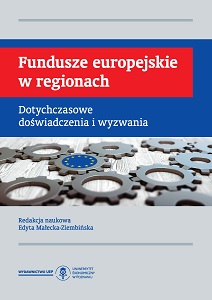
Projekty, programy czy polityka europejska podlegają ewaluacjom i kontroli. Kluczowe miary oceny dokonań (key performance indicators, KPI) jako instrument rachunkowości zarządczej są nośnikiem informacji zarządczej, która ma pomóc w rozwiązywaniu problemów i podejmowaniu decyzji również przez decydentów w projektach europejskich. W pracy zaprezentowano przegląd ścieżek badań prowadzonych w ostatnich latach w zakresie instrumentu, jakim są kluczowe miary oceny dokonań w projektach europejskich. Do przeglądu wykorzystano przede wszystkim bazy naukowe Web of Science oraz Scopus. W pracy zwrócono szczególną uwagę na obszary polityk europejskich, w których sklasyfikowano największą liczbę opublikowanych prac naukowych w wybranych bazach naukowych.
More...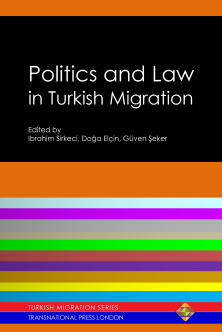
This paper considers the European Union (EU) legal framework which deals with irregular migration from third countries into the EU. It begins by outlining the legal frameworks focusing on three areas, which arguably impact most directly on irregular migrants: Border Controls, Human Trafficking and Illegal Employment. The paper aims to highlight some of the issues arising from the legal framework. In particular it questions the continued focus on provisions which stigmatise migrants as criminals and thus continue to foster distrust between Member States and migrants. It examines the provisions in Directive 2011/36/EU and considers the extent to which they have addressed some of the concerns raised in relation to previous legislation in this area. This paper argues for a more principled approach which is based on a more holistic consideration of migration policies in the EU, which takes more explicit account of human rights based theories of migration increasing the use of effective legal instruments and humanitarian operations.
More...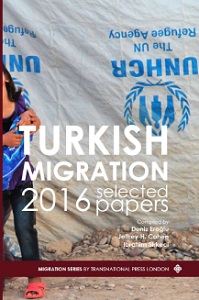
European open door migration policy which began in the process of economic construction of Europe at the end of World War II was effectively ended during the 1973 Oil Crisis. The closure of the doors has triggered irregular migration towards Europe. Irregular migration has been accelerated by the end of cold War. It is noteworthy that migration has been politicized and has become high political issue in terms of national interests.
More...
Same sex relationships have been an issue of debate through years beginning from ancient Rome and Greece. Especially homosexuality has been visible part of historical struggle of LGBT movement. On the other hand, masculinity have always been an issue of power and therefore, decisions based on masculinity and hetero-normative codes have been neglecting and sometimes criminalizing same sex relationships in history of Europe. Religious authorities were also other actors in criminalizing homosexual relationships and religion have been a matter of issue while considering same sex acts. Within that framework, history of Europe, was not an era of liberation for homosexuals or lesbians until recent decades. However, it must be highlighted here that criminalizing and punishing LGBT people of the time were common in many historical empires of Europe. Moreover, France have decriminalized homosexuality during Napoleon era and Netherlands have favored more tolerating laws of French administration. However, Germany after its retarded unification, have been harshly punishing homosexual acts under Prussian empire (Kollman and Waites, 2009:2).
More...
Bu çalışmanın amacı, feminist uluslararası ilişkiler yaklaşımı çerçevesinde Avrupa Birliği (AB) Ortak Dış ve Güvenlik Politikası (ODGP)’nı inceleyerek bu alanın nasıl feminize olduğunu ortaya koymaktır. Bu bağlamda makalenin temel argümanı, güvenlik alanında üye devletler ve AB’nin iki ayrı kutup gibi davranmasıyla aslında maskülen (erkek egemen) olarak değerlendirilen güvenliğin, üye devletlerin egemen maskülen tutumları neticesinde, ODGP’yi feminen bir alan haline getirdiğidir.
More...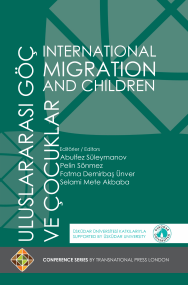
Göç, insanoğlunun dünya üzerindeki serüvenini belirleyen ve şekillendiren başlıca deneyimlerinden biridir. Tarih kitapları savaşlar ve hastalıklarla beraber en çok göçlerden söz eder. Günümüzde de insanoğlu kimi zaman özgürlük, kimi zaman daha iyi bir hayat için, bazen de yalnızca hayatta kalabilmek için göç etmeye devam etmektedir.
More...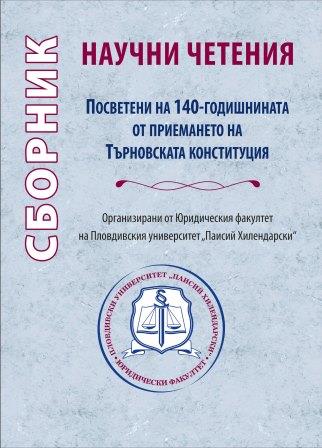
The article reviews the legal framework of the administrative contract in Bulgarian the Administrative Procedure Code (APC) and in special laws. The focus is on the amendments to the APC, which were made in 2018 and are also essential in the implementation of disputes related to the administrative contract. The main changes concerning this legal figure are outlined, examples are presented which illustrate the applicability of the amendments and the author's views on their suitability are presented.
More...
The present paper is intended to prove the need to modernize the regulation of spatial organisation and planning by analyzing the current legislation on the matter. Rational decision-making solutions are seeked, using the experience of other countries and legislations, and proposals are made to modernize the regulatory framework for spatial organization and planning in Bulgaria.
More...
The protection of public health is one of the main benefits, both national and European level. The risk of increasing the threat of counterfeit medicines reaching the population of Bulgaria and the European Union (EU) has created a number of legislative changes in European and national legislation, as at present, the main means of patient protection is to be achieved through a system of activities related to the authentication of medicinal products offered on the territory of the European Union. The comprehensive system called medication verification comes into force and becomes mandatory for the whole of the EU from 9.02.2019, with the exception of three countries receiving an additional transitional period. The purpose of this scientific report is to present the legal regime of the system of activities related to drug verification, the statutory organizational and financial specifics of the participants in the process, as well as to identify and analyze potential problems and to propose alternative methods for solving them.
More...
This article aims to analyze the idea and spirit of the European Public Prosecutor's Office as an independent supranational body. In this regard, a review and analysis of TFEU provisions providing for its substantive competence has been carried out. Attention is drawn to its structure and interaction with other EU bodies. At the same time, emphasis is placed on the challenges that individual Member States will face when dealing with cases affecting the EU's financial interests.
More...
The purpose of this article is to analyse some of the decisions of the Bulgarian Constitutional Court and the European Court of Human Rights in Strasbourg regarding the protection of property right. This right is fundamental and receives protection in both domestic and European human rights law. In this respect, proportionality control is essential. Thanks to the interpretation of Art. 1 of the Additional Protocol, the European Court has achieved a major transformation. From a legal provision that seeks, above all, to secure the sovereign power of States, the court makes it a provision - instrument for the protection of property rights. The Court does so by subjecting interventions to property to a precondition, namely a fair balance. Proportionality control is the search for a balance between the common interest and that of individual private owners. The Court of Strasbourg has already given real control to measures that restrict property, not just those that take it away. The Constitutional Court, for its part, also increases its control by including proportionality as a criterion. A very important point in control is the availability of fair remedies as well as the procedures followed. In conclusion, as much as the protection of property rights has been updated,it still remains relative and incomplete. And this is because in this matter, both the European and the Constitutional Courts abstain from serious control of state objectives. They annul only extremely serious property interventions that clearly exceed any normality.
More...